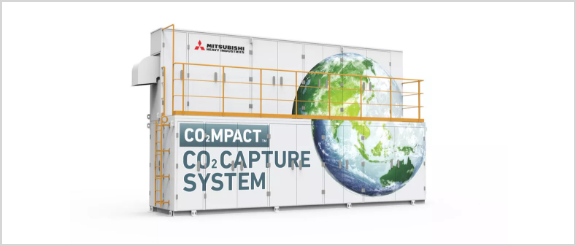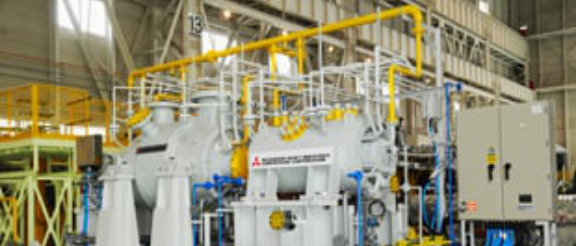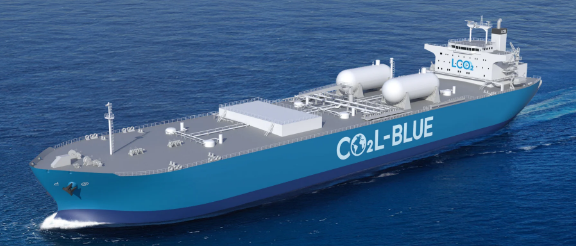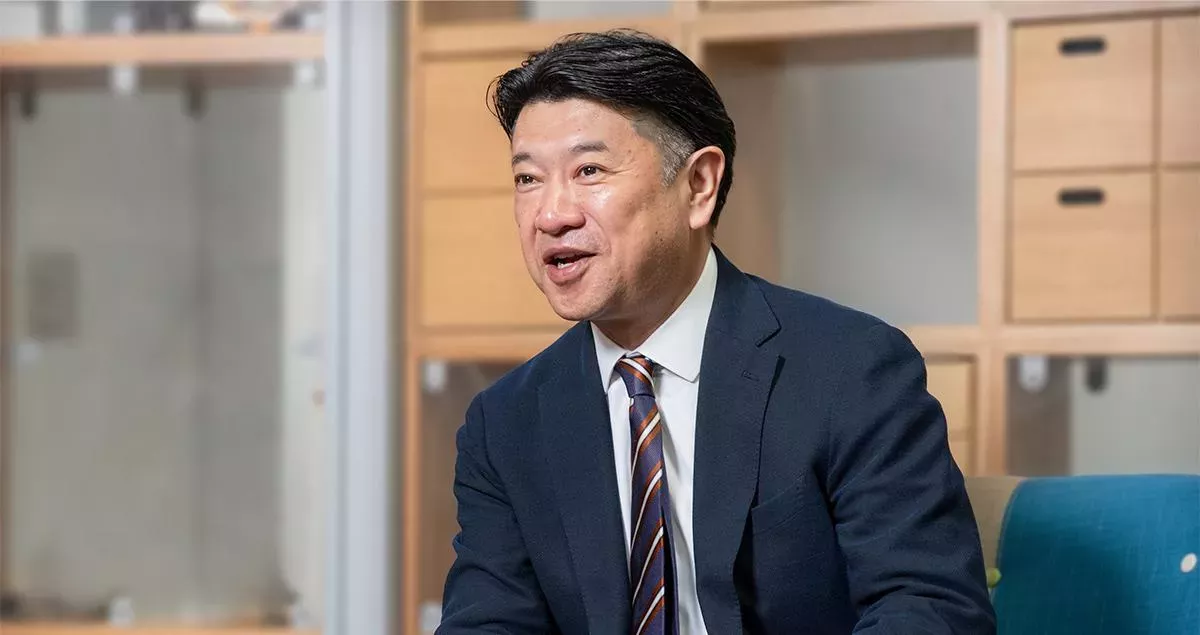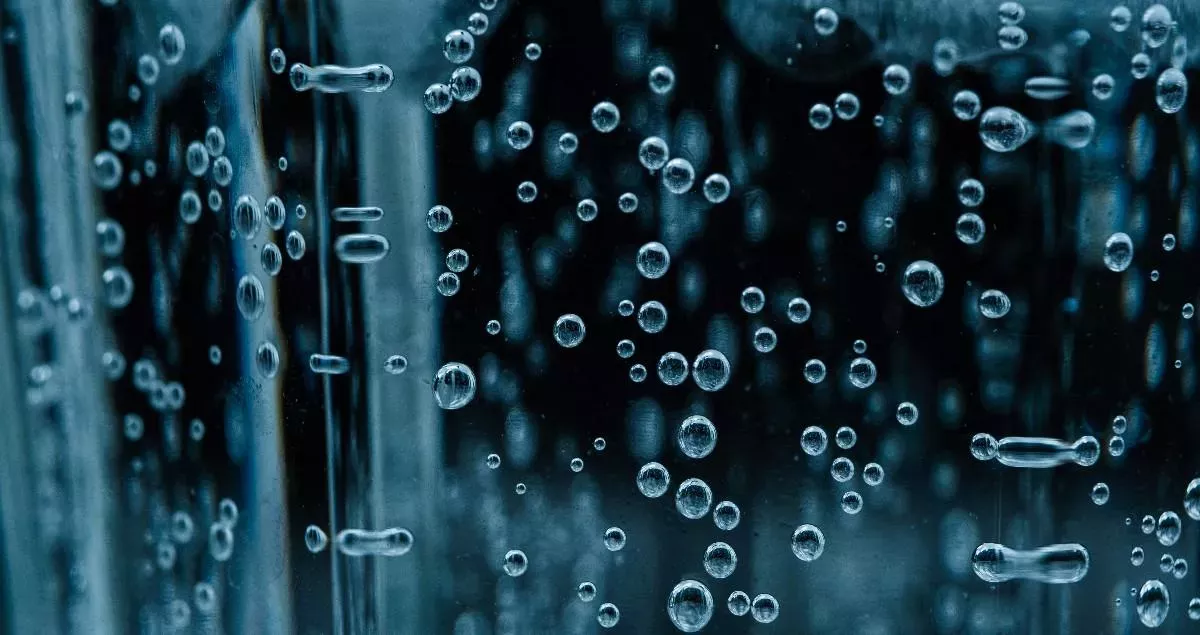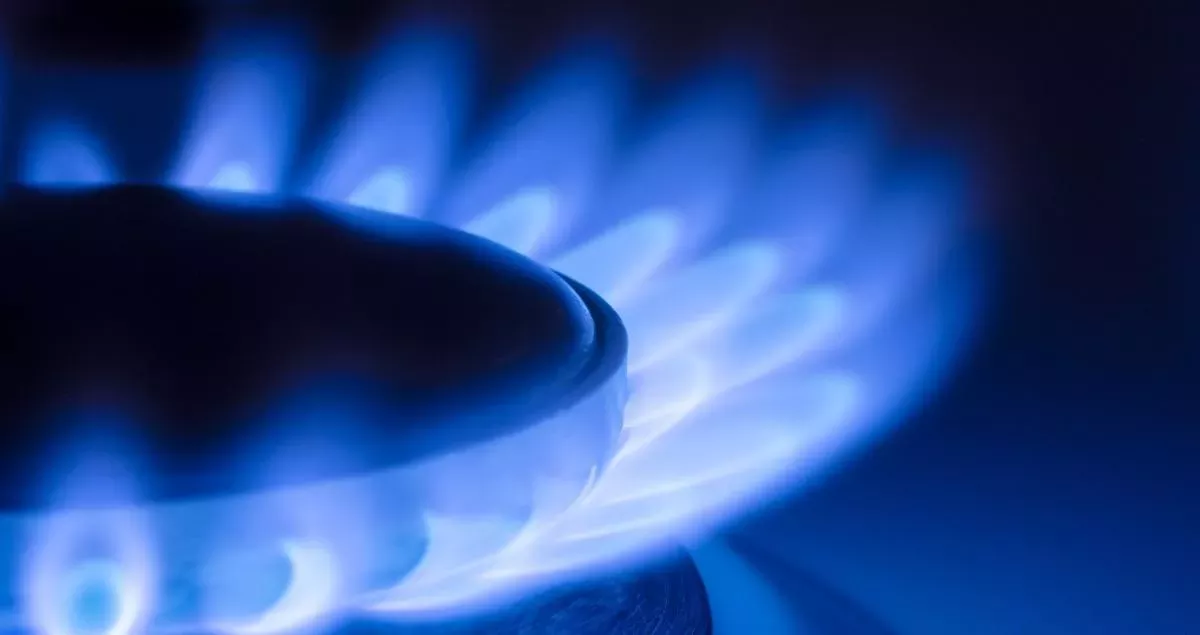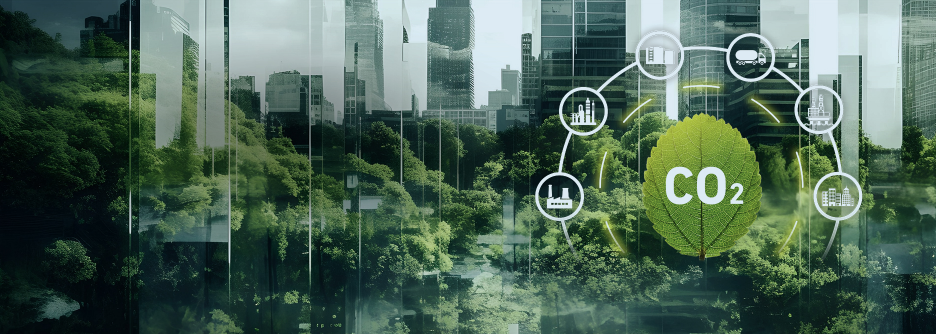
To realize a Carbon Neutral society,
we will contribute to establishing a CCUS value chain
that encompasses CO₂ capture,
transportation, utilization, and storage.
Accelerating Towards Realization of a Carbon Neutral Society
The world is moving towards decarbonization. At present, many countries and companies are pushing to reduce CO₂ emissions and achieve carbon neutrality by 2050.
A variety of methods to reduce CO₂ emissions are needed to achieve this target. However, even after these reduction efforts, around 4.3 to 13 giga tonnes per year of CO₂ emissions are expected to remain. To capture this remaining CO₂, 100 to 300 times the current global CO₂ capture capacity will be needed. By 2050, CO₂ capture will be required in a wide range of industries, including manufacturing, fuel production, power generation, aviation, and transportation, which means CCUS will need to be introduced in many fields in the future.
CCUS stands for Carbon dioxide (CO₂) Capture, Utilization, and Storage. Transportation is also required, though it is not included in the acronym. Promoting CCUS is vital to realize a carbon neutral society.
CO₂ capture and storage (CCS) development plans are underway mainly in the Americas and Europe, and hundreds of storage sites need to be developed around the world. According to the International Energy Agency (IEA), worldwide storage potential is estimated to be more than 8 trillion tons (equivalent to more than 600 years of emissions at projected 2050 levels). With the significant increase in the number of storage sites, establishing a CO₂ network including transportation is needed, as well as improving the business environment and addressing technical challenges in CCUS, all of which require innovative solutions.
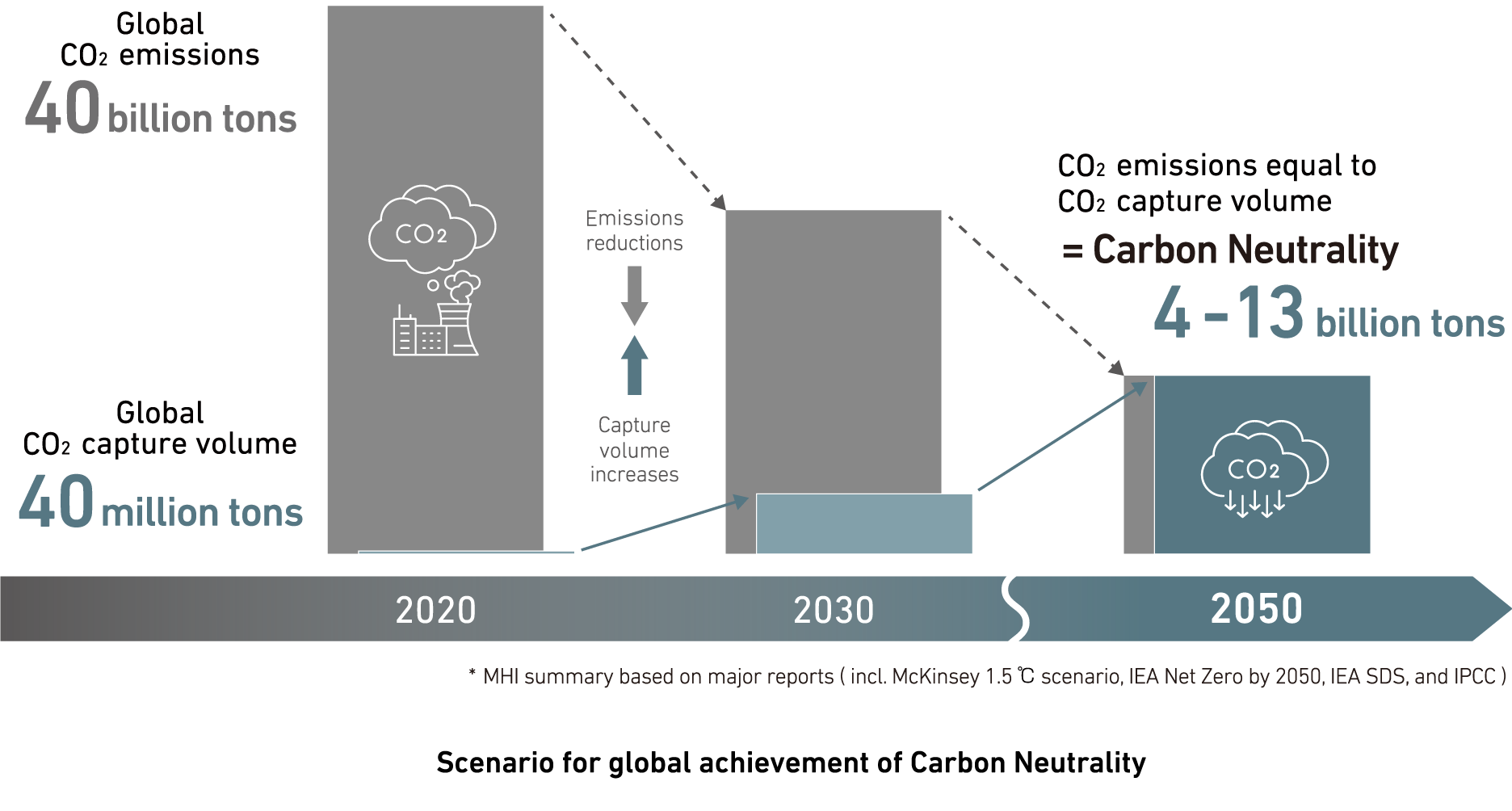
CCUS Solutions of MHI
Mitsubishi Heavy Industries (MHI) Group has made its declaration to achieve Carbon Neutrality by 2040: “MISSION NET ZERO”.
Realizing a carbon neutral society is a global issue, and we believe that as a technology leader with a proven track record in the field of decarbonization, it is MHI Group’s responsibility to lead the fight against climate change. This declaration sets a target to reduce CO₂ emissions across MHI Group’s value chain to net zero by 2040, and the contribution of CCUS is an important factor in achieving this target.
MHI Group aims to contribute to effective solutions and to maximizing cost effectiveness in order to reduce CO₂ emissions with efficiency and stability, with a view toward optimizing the entire CCUS value chain, including CO₂ capture, transportation, utilization, and storage.
To establish a CCUS value chain, we are expanding our lineup of CCUS-related products, including state-of-the-art CO₂ capture technology, large-scale CO₂ capture plants, the CO₂MPACT™ series of small- to mid-sized CO₂ capture system, liquefied CO₂ (LCO₂) carriers, and compressors. We will also continue contributing to realization of carbon neutrality through a wide range of products and solutions, including the development of CO2NNEX® and other digital platforms for the transport, utilization, and storage of captured CO₂.
Related Information
Related Products & Solutions
Related Articles from Spectra - Our Online Magazine
Related Press Releases
- CO₂NNEX® Digital Platform for Transfer and Management of e-Methane Clean Gas Certificates to Be Utilized in Nagaoka Methanation Demonstration
- MHI Awarded Contract for Basic Design of Japan's Largest CO₂ Capture Plant at Hokkaido Electric Power's Tomato-Atsuma Power Station
- Acquired Approval in Principle (AiP) for World's First LCO₂/Methanol Carrier
- MHI Starts Operation of New CO₂ Capture Pilot Plant at KEPCO's Himeji No.2 Power Station
- MHI Awarded a Study on CO₂ Capture Modules for Floating Production Storage and Offloading vessels (FPSOs)
- Mitsubishi Shipbuilding Acquired Approval in Principle (AiP) for the Basic Design of an Onboard Carbon Capture and Storage System
- MHI Establishes Branch Office in Perth, Western Australia, Focused on Decarbonization Business, Accelerating Business Developments in Hydrogen, Ammonia and CCUS
- World-first Trial of New Technology to Recycle CO₂ Emissions from Steel Production Begins at ArcelorMittal Gent, Belgium






